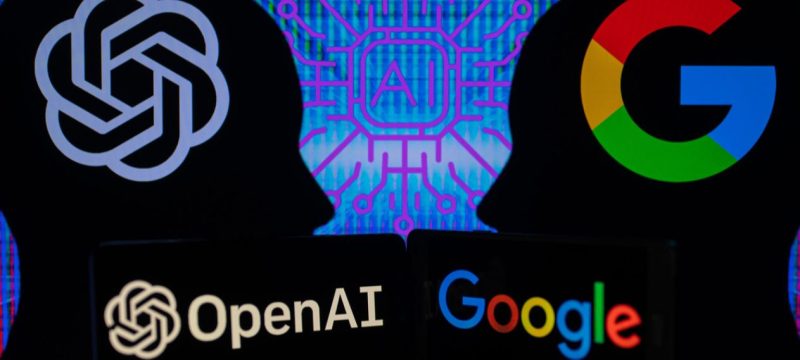OpenAI is planning to launch its own artificial intelligence-powered web browser, directly challenging Google Chrome’s dominance in the market. Sources close to the project say the new browser will be released in the coming weeks and aims to transform how users interact with the internet.
The browser is reportedly built on Google’s open-source Chromium platform. However, it goes beyond traditional browsing by offering built-in ChatGPT-style features. Users will be able to navigate websites and perform online tasks through a chat-based interface, eliminating the need for conventional web navigation.
OpenAI’s browser will also act as a hub for its expanding lineup of AI agents. These agents can handle various tasks like booking appointments or filling out forms on behalf of users. This move aligns with OpenAI’s larger goal of embedding artificial intelligence into daily digital habits.
Industry analysts believe OpenAI’s browser could disrupt Google’s advertising model, especially if it gains traction among ChatGPT’s 500 million weekly users. Chrome plays a major role in Alphabet’s ad business, and OpenAI’s entry may shift how user data is gathered and utilized.
This browser launch is part of a wider expansion strategy by OpenAI. Earlier this year, the company acquired AI hardware startup “io” for $6.5 billion, with help from Apple’s former design chief Jony Ive. Owning a browser gives OpenAI direct access to user data and behaviors—vital for refining AI tools like Operator and other autonomous systems.
Despite Chrome’s stronghold on more than two-thirds of the global browser market, OpenAI’s large user base and new enterprise features may support adoption. The company has also hired key former Google employees who helped build Chrome.
Although the exact launch date has not been confirmed, industry experts expect OpenAI’s browser to debut soon. This release marks a bold step in reshaping internet browsing—turning it from a search tool into a smart, AI-driven assistant.
Also Read: Microsoft Pushes for Open AI Collaboration and Smarter Memory Functions – Learn how new memory features aim to enhance AI performance









